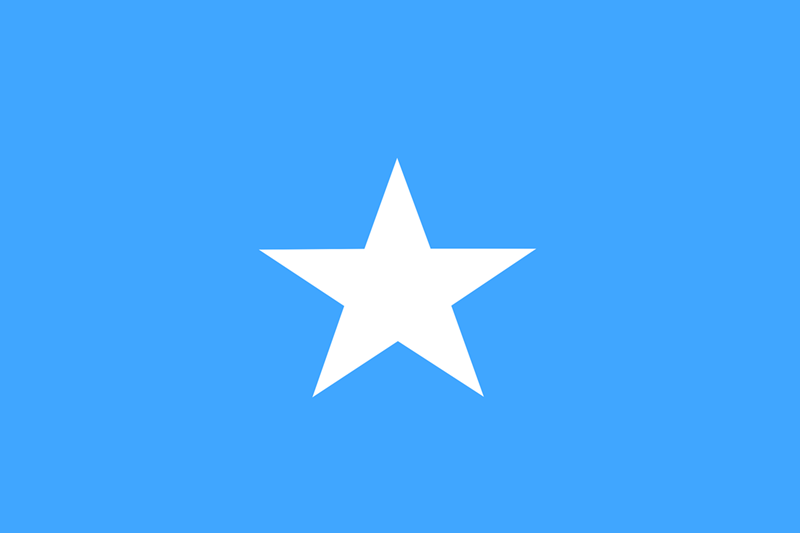In a bold humanitarian move and an equally pointed diplomatic message, the Australian government today announced an additional $20 million aid package for Gaza, bringing its total assistance since October 7, 2023, to over $130 million.
The newly pledged funds are earmarked for life-saving food and medical aid, with a particular focus on women and children in the war-ravaged enclave.
According to the announcement, the aid will be channeled through major international humanitarian partners:
- $6 million to the UN World Food Programme for food supplies
- $5 million to UNICEF for children’s nutrition support
- $5 million to the International Committee of the Red Cross (ICRC) for critical health and relief items
- $2 million in joint relief efforts with the United Kingdom
- $2 million to the Jordan Hashemite Charity Organization, which supports field hospitals inside Gaza
The commitment comes as international organizations and health experts paint a grim picture of the humanitarian catastrophe unfolding in Gaza. Starvation, acute malnutrition, and the collapse of healthcare systems have led to a rising death toll, including at least 93 children reported to have died from hunger-related causes.
Despite the urgent need, aid deliveries remain severely disrupted. UN agencies report that very little of the aid entering Gaza is reaching distribution points, blaming a mix of “Israeli” military restrictions and internal instability.
In a sharply worded statement, Foreign Minister Penny Wong called on “Israel” to allow for a “full and immediate resumption of aid access” to Gaza, in compliance with the International Court of Justice’s ruling.
“The suffering and starvation of civilians in Gaza must end,” Wong declared, emphasizing that international law obliges all parties to facilitate humanitarian relief.
Her comments were echoed by Prime Minister Anthony Albanese, who took an unusually firm stance, stating that “Israel has clearly breached international law” by impeding the entry of food and medical supplies into Gaza.
The announcement comes amid widespread public pressure inside Australia. Large anti-war protests swept through major cities on the same day as the aid pledge, with demonstrators demanding an end to Australia’s support for “Israeli” military actions and a stronger push for a permanent ceasefire.
Public sentiment appears to have shifted significantly. A May 2025 national poll revealed that 82% of Australians believe “Israel’s” blockade on Gaza is “unjustified”, marking a major turn in domestic opinion.
Humanitarian organizations, including Oxfam, have criticized recent Israeli steps to facilitate aid as “theatrics” and “token gestures dressed up as progress.” Airdrops and controlled deliveries, they argue, are woefully inadequate given the scale of the crisis.
“What Gaza needs is not a PR campaign, but a ceasefire and unhindered access,” one aid official remarked.
With the humanitarian disaster deepening and diplomatic pressure growing, Australia’s latest aid commitment is more than just a financial gesture—it’s a clear shift toward a more assertive foreign policy rooted in human rights accountability and public opinion at home.

